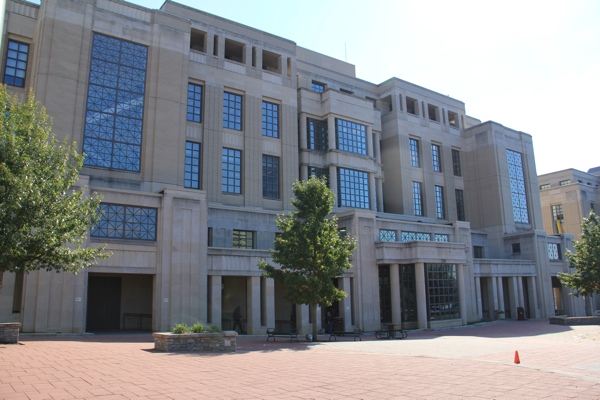The Supreme Court of Kentucky took disciplinary actions in the following matters noted below. The following pages were extracted from the October 2013 Monthly Summary of Published Decisions from Kentucky Supreme Court with links and more information on each of the cases.
Issues addressed were attorney’s failure to make certain required disclosures in a client’s bankruptcy petition; attorney impaired by emotional, mental and substance-abuse problems; and failure of attorney to comply with 30-day suspension.
ATTORNEY DISCIPLINE:
A. Philip R. Combs v. Kentucky Bar Association
2013-SC-000238-KB October 24, 2013
Opinion of the Court. All sitting; all concur. Combs asked the Supreme Court to impose a 30-day suspension from the practice of law, probated for one year with certain conditions, to resolve his pending disciplinary matter relating to his failure to make certain disclosures in a client’s bankruptcy petition. The KBA had no objection, having reached an agreement with Combs for a negotiated sanction. Accordingly, the Court granted the motion and suspended Combs from the practice of law for 30 days, probated for one year with certain conditions.
B. Kentucky Bar Association v. Thomas E. Roberts
2013-SC-000615-KB October 24, 2013
Opinion of the Court. Minton, C.J.; Abramson, Cunningham, Keller, Noble, Scott and Venters, JJ., concur. Cunningham, J., concurs in part and dissents in part. The Inquiry Commission issued a four-count charge against Roberts. Roberts filed no answer to the charge and neither he nor his counsel ever contacted the Office of Bar Counsel. However, a relative of Roberts informed Bar Counsel that Roberts suffered emotional, mental, and substance-abuse problems, and that those problems were active at the time of the conduct in question. The Board of Governors voted to find Roberts guilty of all four counts and recommended a 30- day suspension, conditionally discharged on the conditions that Roberts complete a KYLAP referral and assessment and complete the Office of Bar Counsel’s Ethics Professionalism Enhancement Program. Neither Roberts nor Bar Counsel filed a notice of review with the Court. Because the Board’s finding were supported by the record and the law, and because the sanction recommended by the Board was appropriate in light of Roberts’ disciplinary history and the seriousness of the charges, the Court adopted the decision of the Board under SCR 3.370(10).
C. Timothy Crawford v. Kentucky Bar Association
2013-SC-000669-KB October 24, 2013
Opinion of the Court. All sitting; all occur. Crawford was suspended from the practice of law for a period of sixty-one days, with thirty-one days probated for two years, effective April 26, 2012. Prior to this suspension, Crawford was suspended for a period of thirty days on March 24, 2011. Crawford maintained that he was unaware of the thirty-day suspension because disciplinary actions against him were deliberately concealed by his assistants. Although a thirty-day suspension typically expires on its own terms under SCR 3.510(2), Bar Counsel filed an objection to Crawford’s automatic reinstatement because there were four separate disciplinary actions pending against him. The disciplinary investigations resulted in charge and were consolidated. Crawford eventually reached a negotiated sanction with the KBA, resulting in the April 26, 2012 suspension.
Because Bar Counsel objected to Crawford’s automatic reinstatement after his original thirty-day suspension, he was required to submit an application for reinstatement pursuant to SCR 3.510(3). The Character and Fitness Committee of the Kentucky Office of Bar Admissions conducted a thorough investigation and issued Findings of Fact, Conclusions of Law and Recommendations indicating that Crawford had complied with every term of the order of suspension; that his conduct while under suspension showed that he was worthy of the trust and confidence of the public; that he possessed sufficient professional capabilities to serve the public as a lawyer; that he exhibited good moral character; and that he appreciated the wrongfulness of his prior misconduct, expressed contrition, and took steps to ensure similar conduct would not occur. The Committee recommended reinstatement and the Board of Governors agreed. The Court adopted the Board’s recommendation and reinstated Crawford to the practice of law in the Commonwealth.

